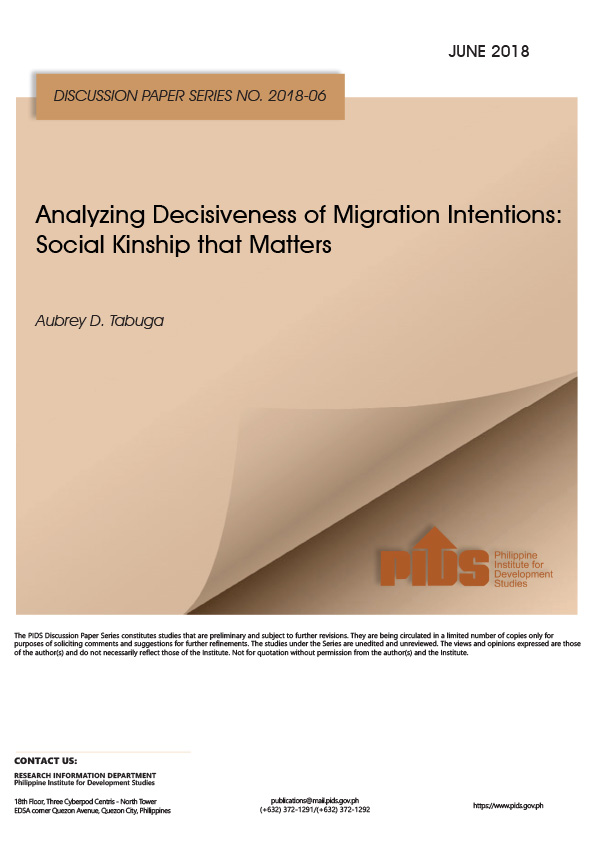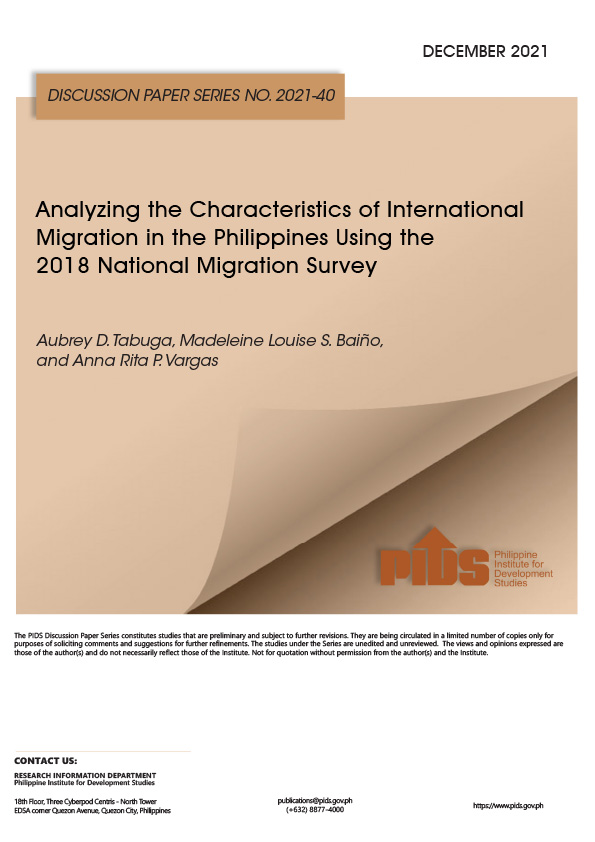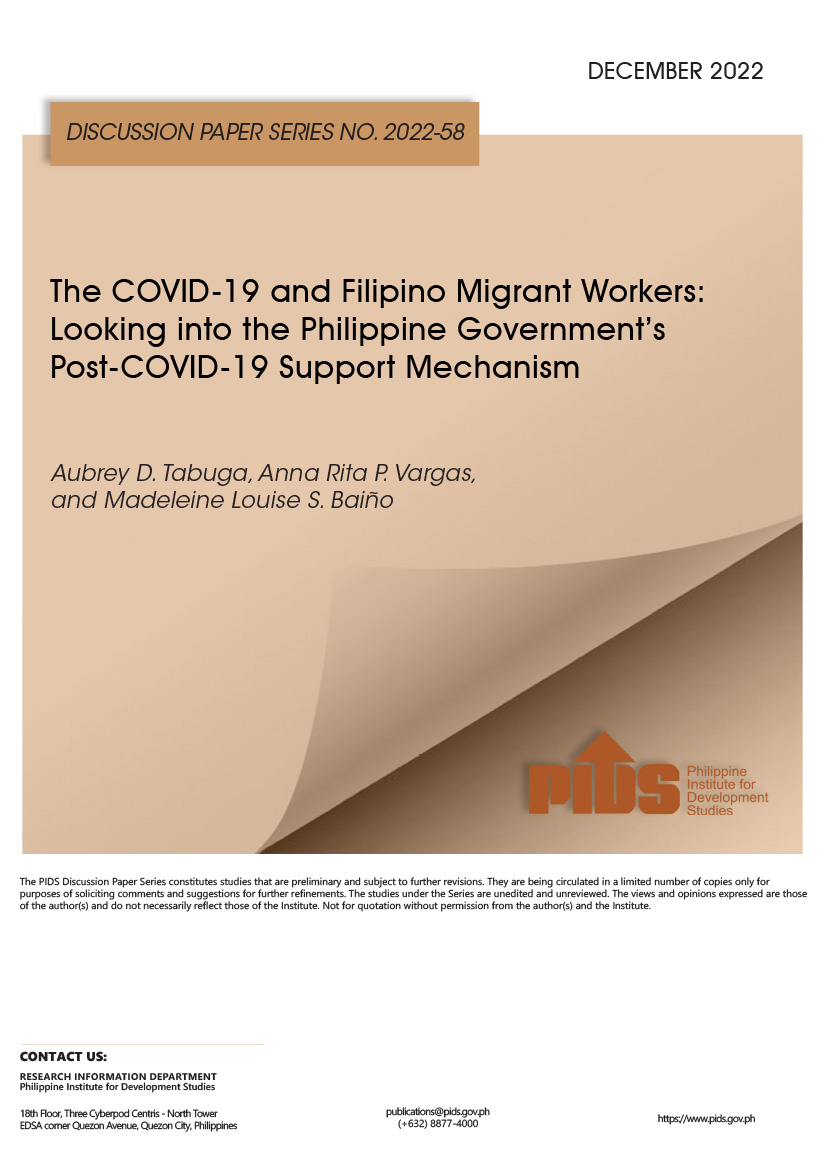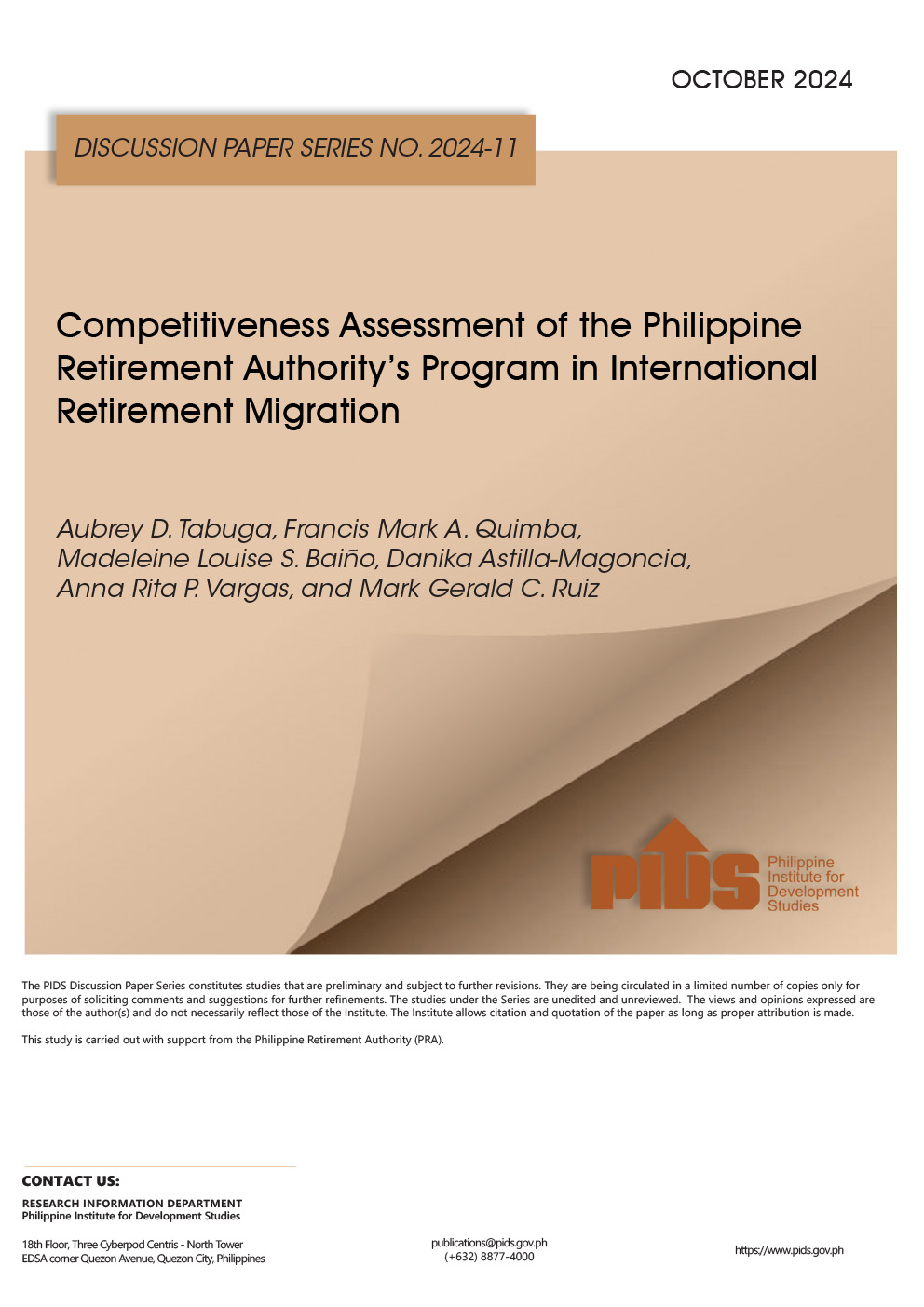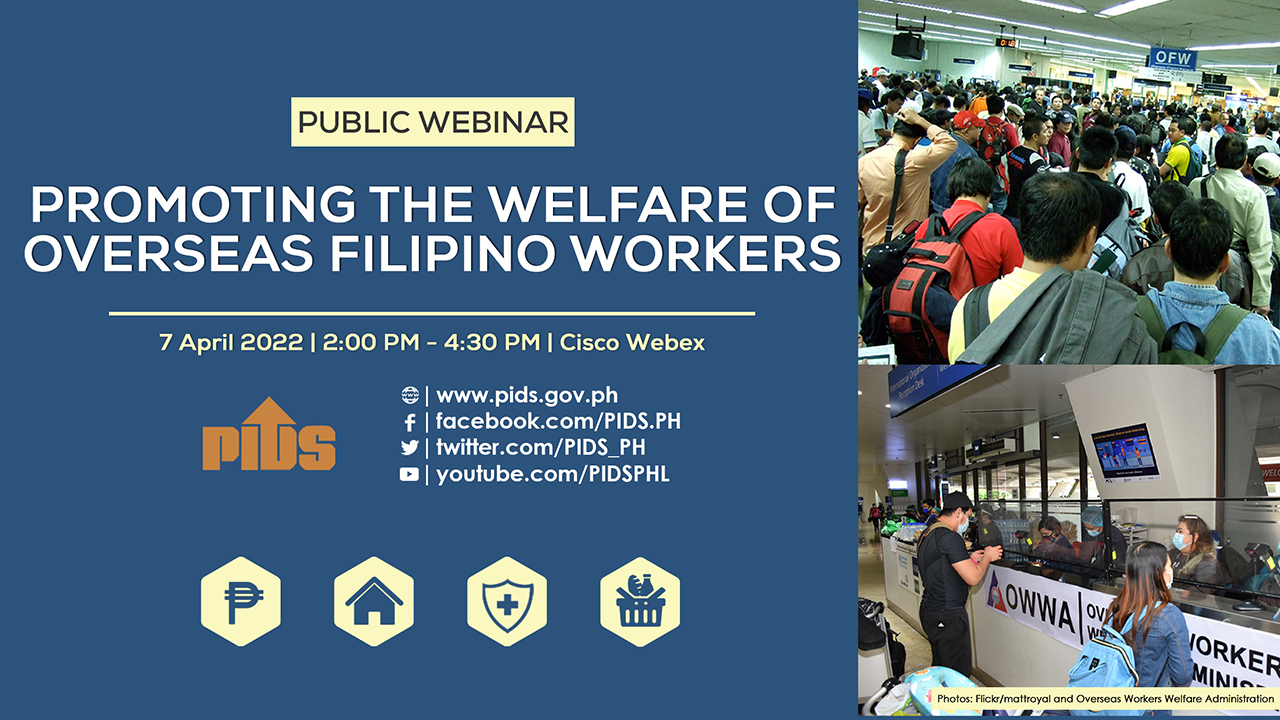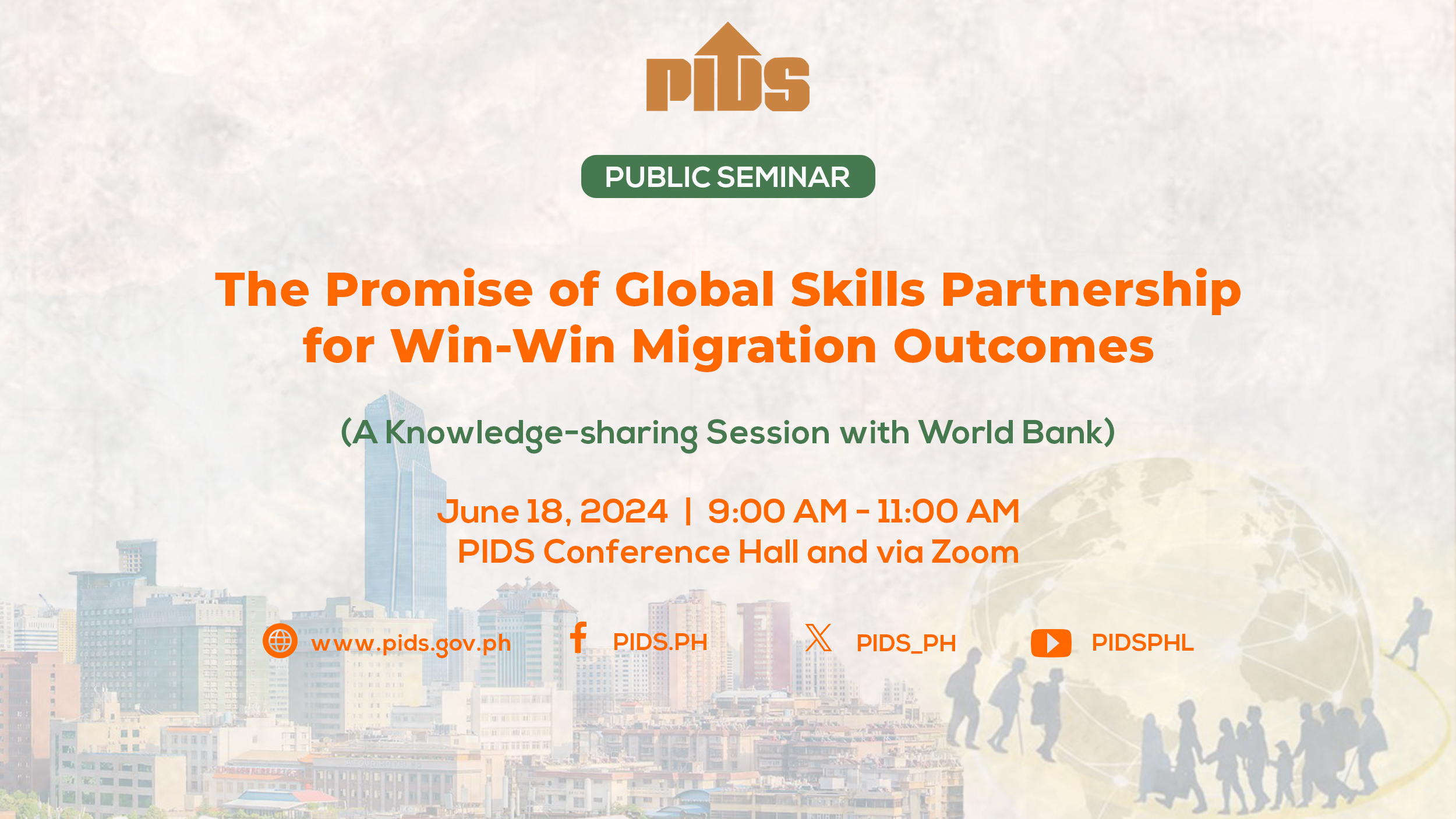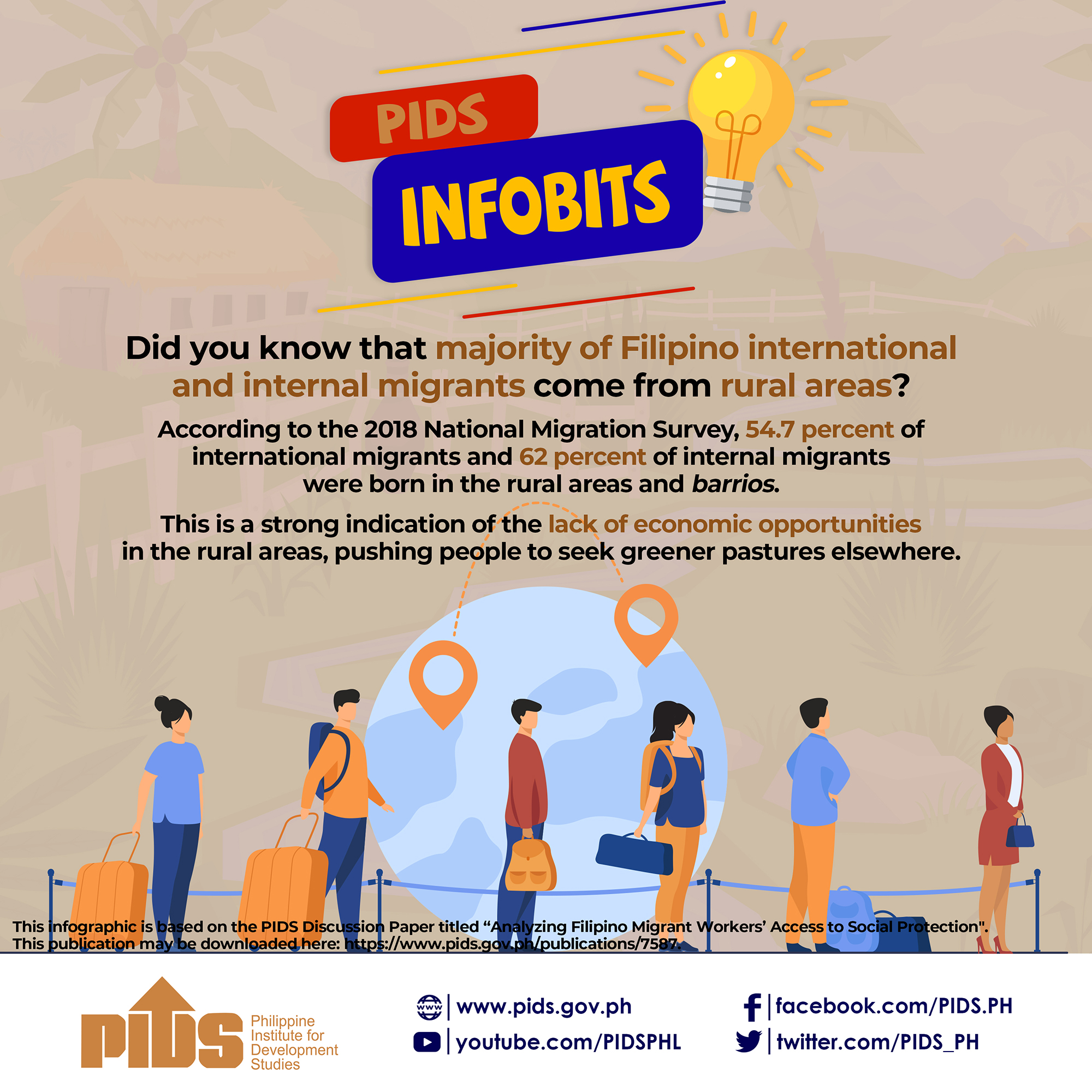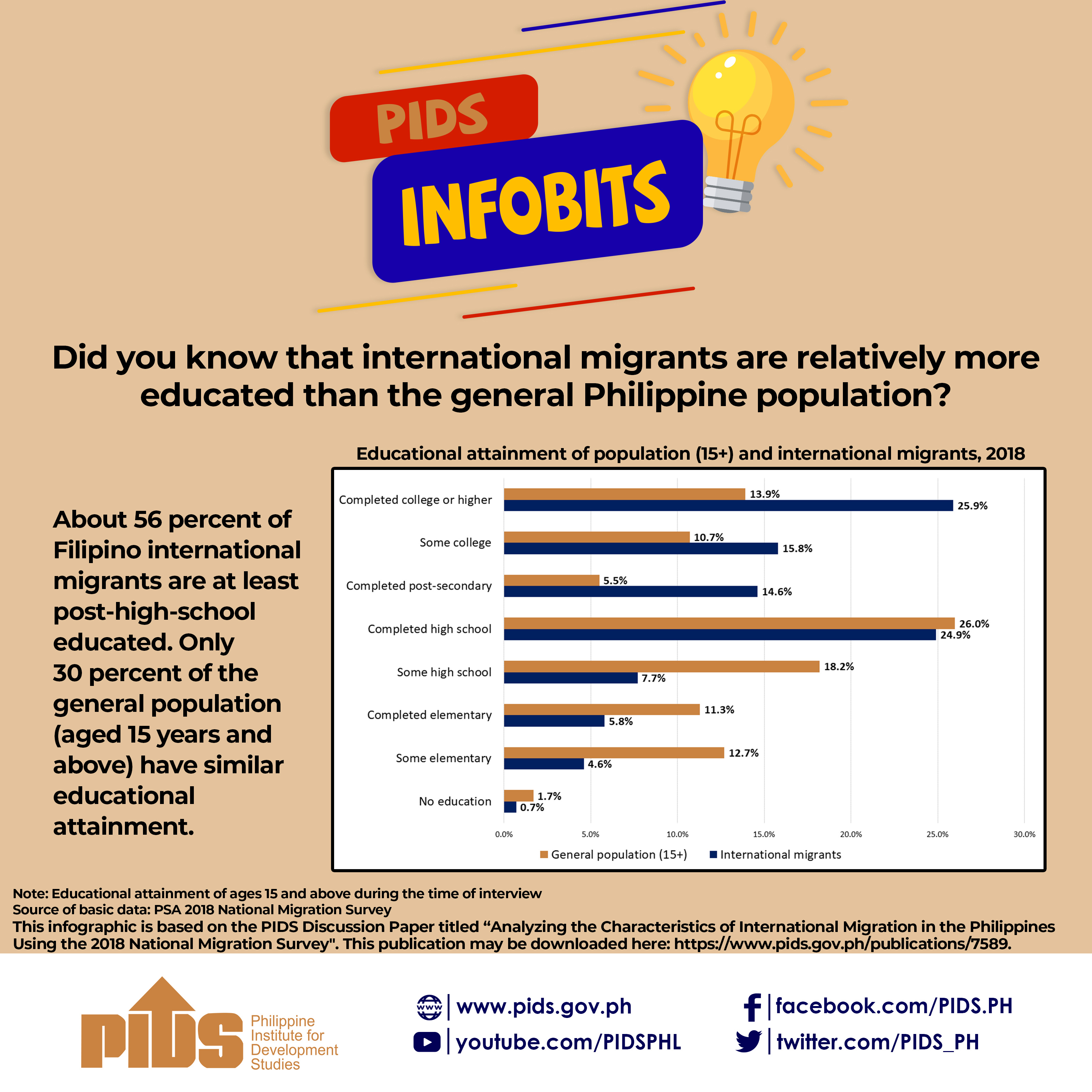Analyzing future migration intentions is essential to understanding how migration perpetuates. International migration is such a complex and nuanced phenomenon that those who desire to participate in it go through an elaborate process of intention-formation, planning, and decisionmaking. And yet the literature on migration intentions rarely view it in such manner. Instead, many studies treat migration decisionmaking as a binary stay-or-leave variable. Moreover, the lens more commonly implemented is economic; there is less focus on the social dimensions of migration decisions. This analysis seeks to explain the influence of social networks on the decisiveness to migrate while controlling for the effects of economic forces, subjective perceptions on well-being, and demographic factors. Using information gathered from individuals residing within a village with high migration incidence, this study found that differentiating migrant networks into the degree of association or strength of ties is crucial because different networks have different effects. Furthermore, considering the individuals’ current level in the migration decisionmaking process is also deemed crucial in analyzing the factors that influence the decision. For instance, migrant networks particularly the closest of kin are important in the advanced phase of concrete migration planning, and not in the initial stage. Know more about the results of the study in this paper.

